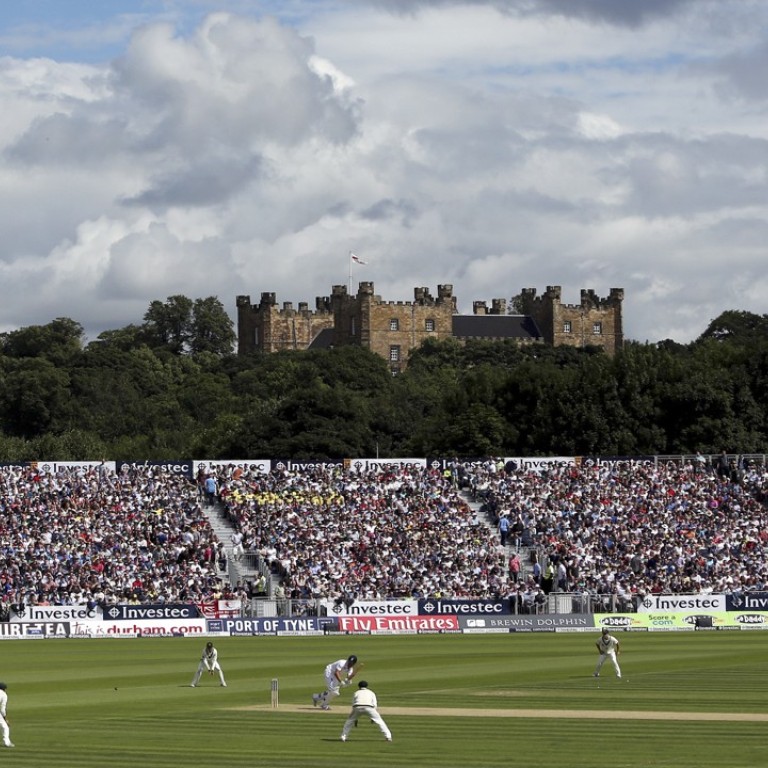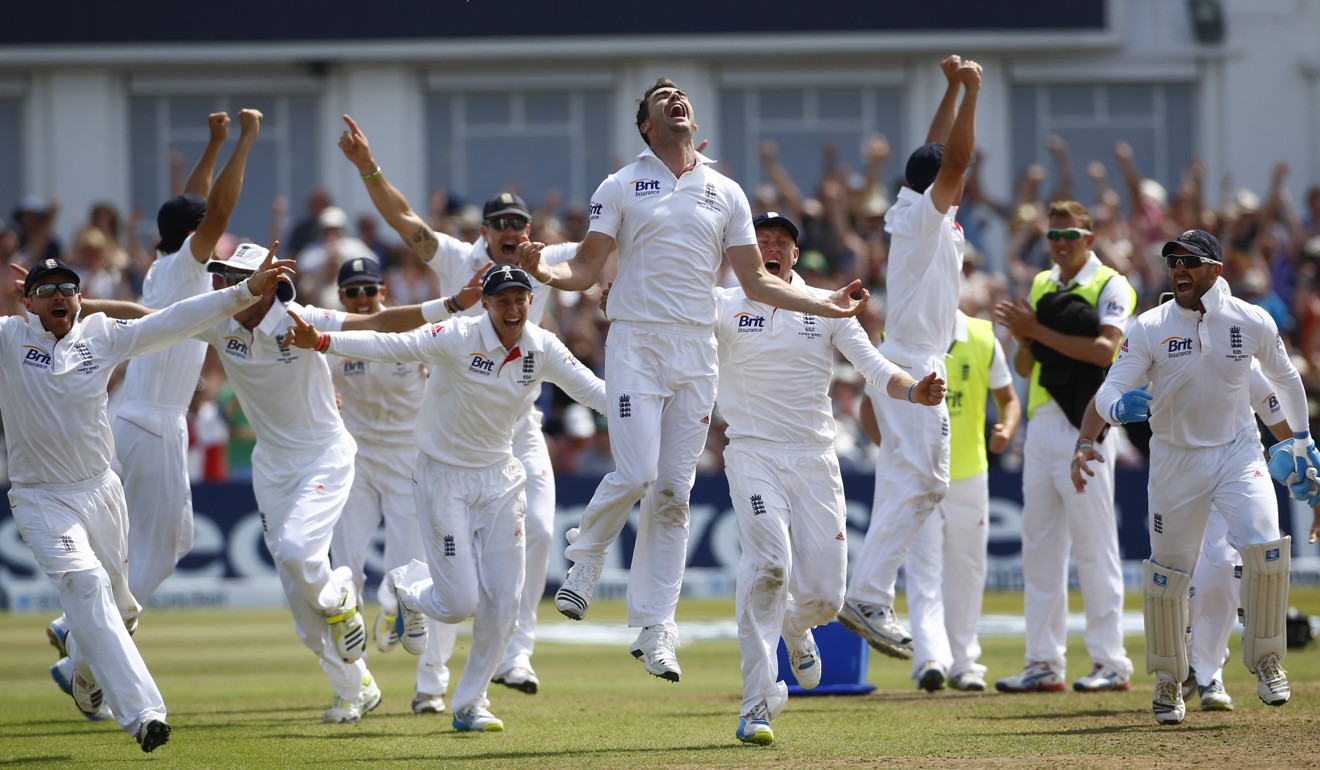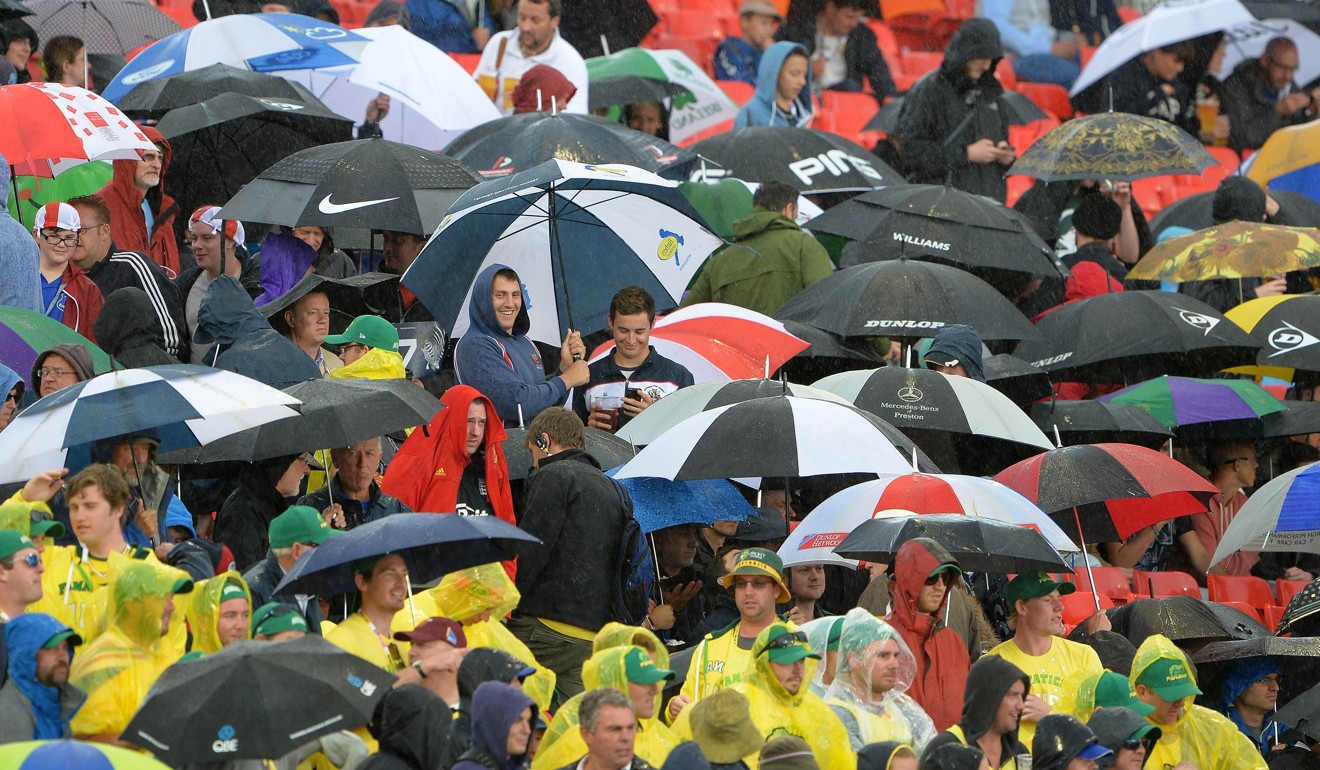
Exclusive | BBC’s ‘Panorama’ stopped a cricket match-fixing investigation into the 2013 England-Australia Ashes series, says BBC source
- The team had made contact with accused match-fixer Aneel Munawar
- The broadcaster was about to expose alleged corruption among players
The BBC’s Panorama investigation team in 2013 halted work on a cricket match-fixing probe just as they were about to expose alleged corruption among England test players, a BBC source said.
The Panorama team was said to have arranged a “test fix” with alleged match-fixer Aneel Munawar – who was featured in recent Al Jazeera Investigations documentaries – for the 2013 Ashes series between England and Australia.
The British state broadcaster’s editorial policy (EdPol) and legal departments had even given permission to pay for an actual “fix”, according to the source, who said the investigation was suddenly stopped.
The BBC, however, has denied that EdPol and its legal departments had given permission to pay for a ‘fix’.
The source, who wishes to remain anonymous because of the sensitive nature of the issue, provided a detailed timeline of the events that led to the investigation being shut down, which apparently enraged the Panorama team who painstakingly spent years penetrating the underbelly of cricket and collecting evidence of match-fixing.

Munawar’s activities were recently exposed by Al Jazeera Investigations’ two-part documentary entitled Cricket’s Match-Fixers, in which reporter David Harrison posed as a businessman working on behalf of fictitious crooked investors who wanted to bet on fixed matches.
“With the BBC sitting on evidence, Munawar was free to continue his business for four years until the Al Jazeera documentary,” said the source.
Roger Mosey, who was editorial director of BBC at the height of the Panorama investigation in 2013 and is now Master at Selwyn College, Cambridge University, was asked by the SCMP if he had stopped the investigation and if so, why. He was also asked if he had taken on consultancy work for the BBC after leaving the corporation in 2013.
“The answers to your questions are ‘no’ and ‘no’,” Mosey replied by email.

In June, 2017, Mosey wrote an effusive blog on The Guardian, praising the return of live test match cricket after a 20-year absence to the BBC, which last year agreed a five-year deal with the English Cricket Board to broadcast 100 hours of test matches each summer from 2020.
The SCMP asked BBC if management was responsible for stopping the Munawar investigation in 2013.
A BBC spokesperson replied: “At any one time the BBC is working on any number of investigations. We don’t comment on these.”
BBC policy is that genuine editorial reasons may prevent the company from broadcasting a piece but it does not mean the investigation is stopped. The BBC also provided authorities with information with regard to its investigation.
The SCMP contacted several members of the Panorama team who worked on the story but they declined to speak.
The BBC investigation was to proceed along similar lines as to what was eventually broadcast by Al Jazeera in their documentaries released in May (part one) and October (part two).
According to the source, the Panorama team had made contact with Munawar, who had arranged a “test fix” without any money changing hands to prove that he could influence matches.
The Panorama team was at a hotel in Ahmedabad, India, watching an Ashes match live on television in the summer of 2013.
Munawar called the team before the toss to say the “fix” was on. After the toss, he called back to provide details of the “fix”. According to the BBC source, the scoring for a particular session of the match that Munawar said was fixed went exactly how he had predicted.
The phone calls were recorded and the recordings taken into custody by a member of the Panorama team.
It was after this “test fix” that the team applied to the BBC’s EdPol and legal departments for permission to pay for an actual “fix”. However, despite approval, the investigation was abruptly halted.
According to the source, other items in BBC possession include: recordings between Munawar and betting syndicates, photos of Munawar with international cricketers and a phone call between Munawar and an England player – all of which were being prepared for broadcast before the order to halt came down.
The ECB has consistently denied that any of its players, either former or current, were involved in any wrongdoing.
Last week, Al Jazeera released a statement criticising the International Cricket Council (ICC) for failing to adequately investigate the allegations made in their documentary, while also suggesting an “Anglo-Saxon” bias.
“While our investigation has received praise in many parts of the world, the ICC, together with certain national boards and their supporters in the media, has reacted to our documentary with dismissals and attacks on the messenger,” the two-page Al Jazeera statement read.
“We are particularly struck by what appears to be a refusal in some quarters even to accept the possibility that players from Anglo-Saxon countries could have engaged in the activities exposed by our programme and that the evidence we have uncovered even merits appropriate investigation.”
Note: The BBC’s denial that EdPol and its legal departments had given permission for the team to pay for a ‘fix’ came after the publication of this story.

